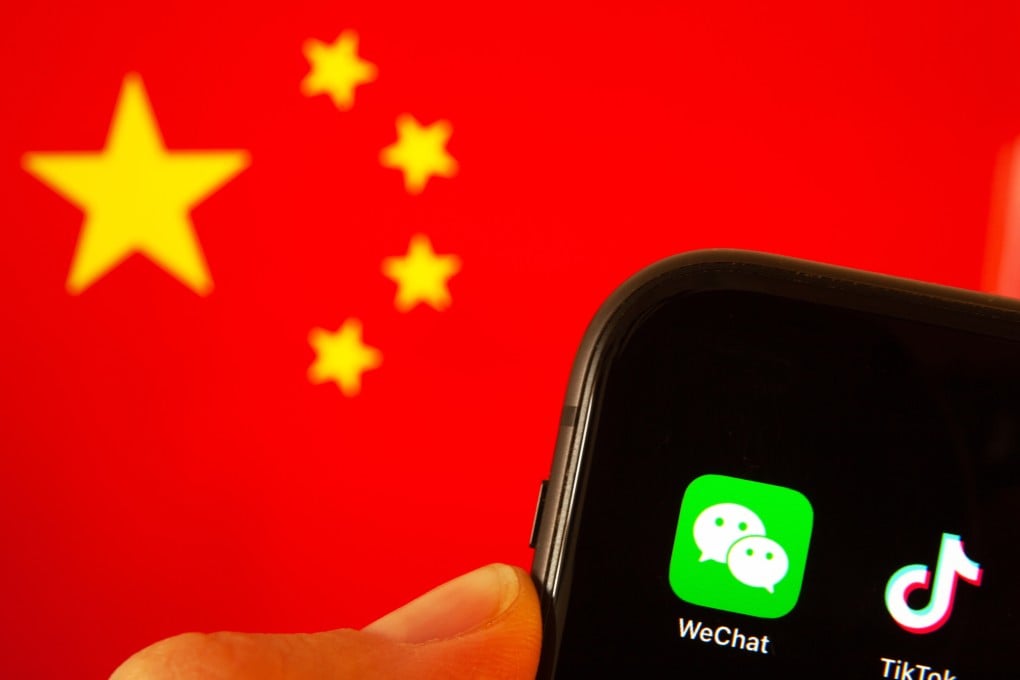Tencent opens super app WeChat to Chinese e-commerce rivals amid inexorable regulatory pressure, analysts say
- Tencent’s move to open up WeChat marks a major victory for Chinese regulators, who want Big Tech firms to improve interoperability between internet platforms
- WeChat users will now be able to directly open other third-party shopping links in the platform’s group chats

“These high walls that tech companies built are finally coming down,” said David Wei Shilin, a senior partner at multinational law firm Dentons, who indicated that the impact of this development will be different for each company in the industry. “[Being open] is a core part of the internet.”
This development means major enterprises are now fully aware of this inexorable trend towards openness, according to Dentons’ Wei, who also serves as secretary general of the Competition and Anti-Monopoly Law Commission of the Beijing Lawyers Association.
“It is impossible for a mantis to stop a chariot,” said Wei, citing an old Chinese idiom about futility. He indicated, however, that in the past “the overall environment was not suitable for regulators to enforce the law in a very strong manner” against Big Tech companies.
